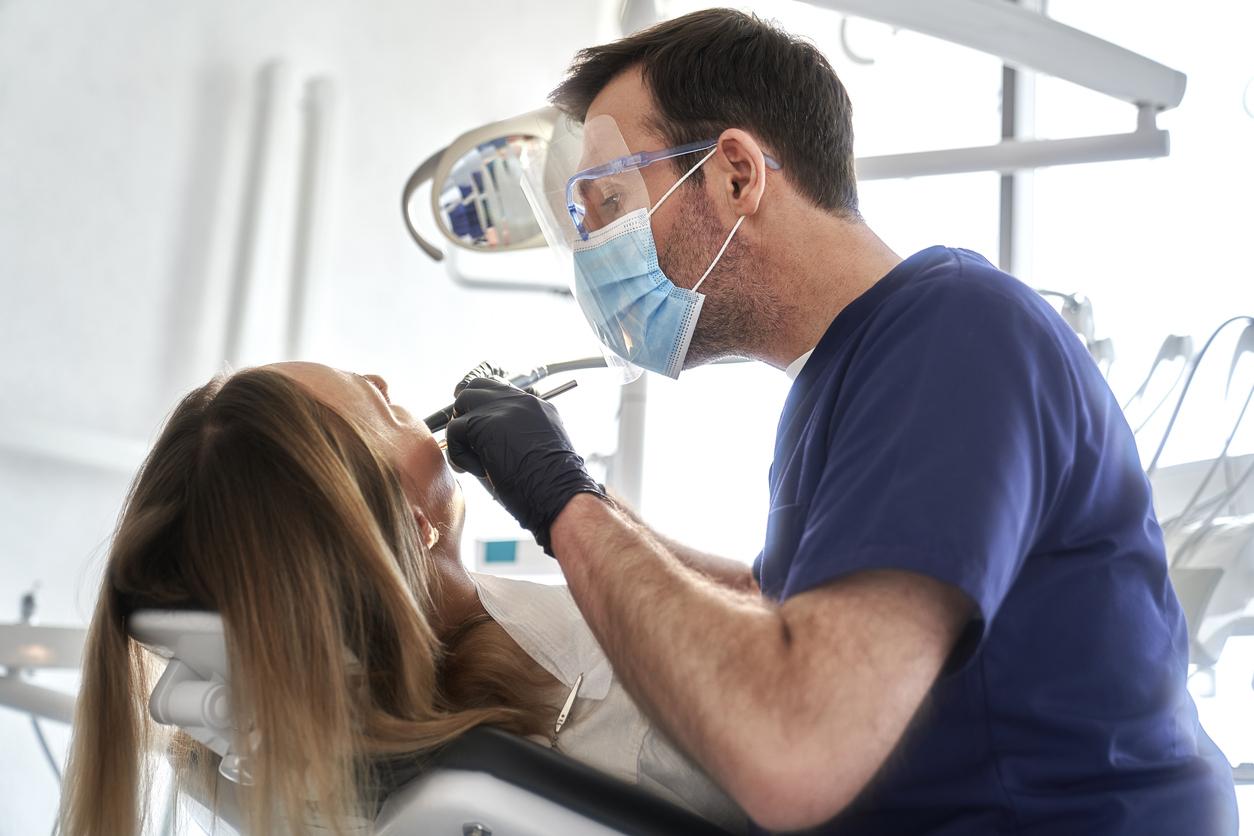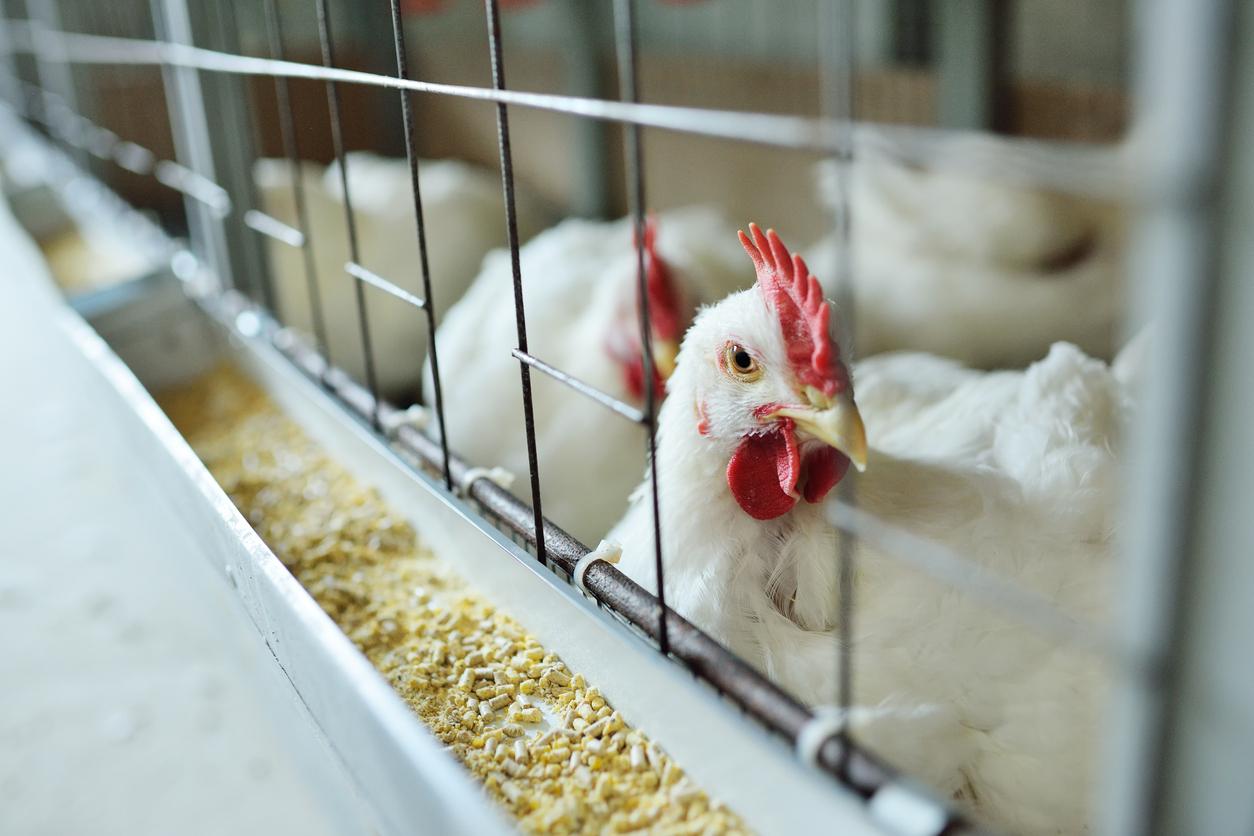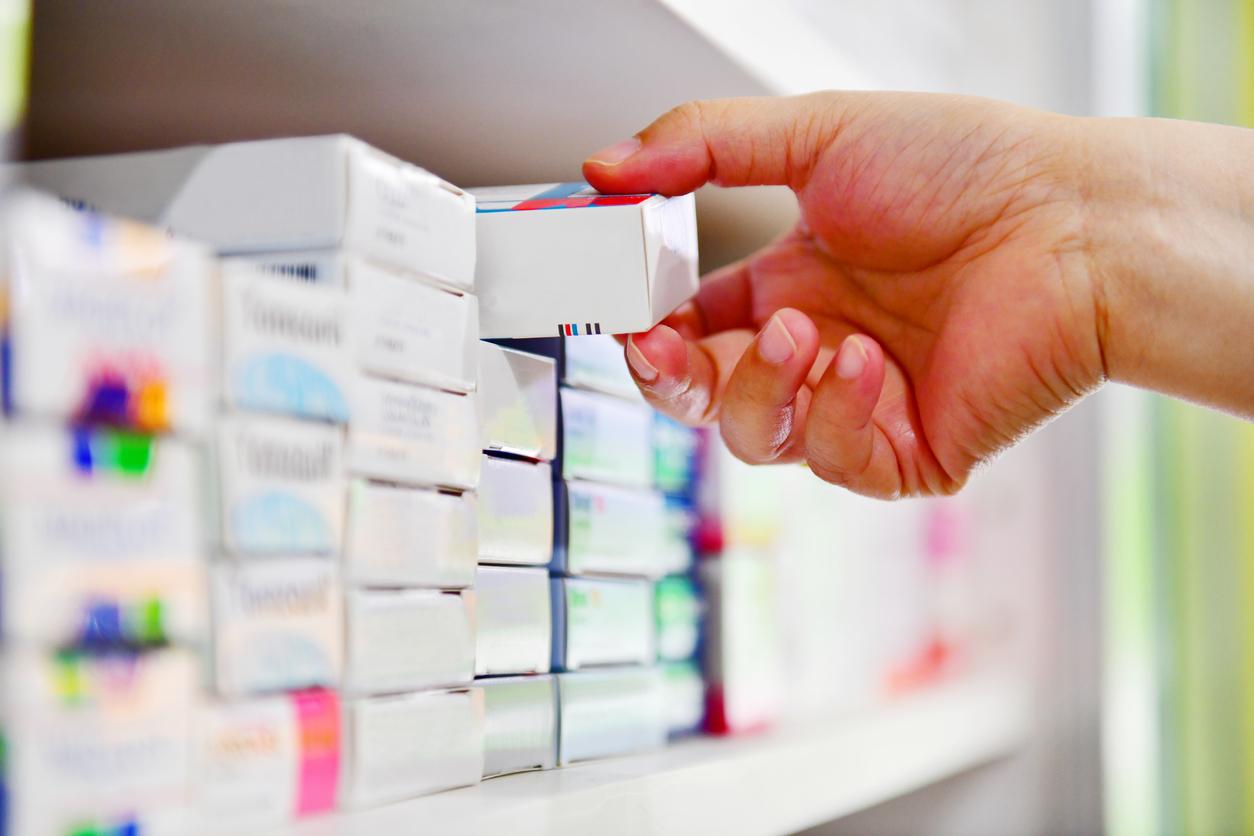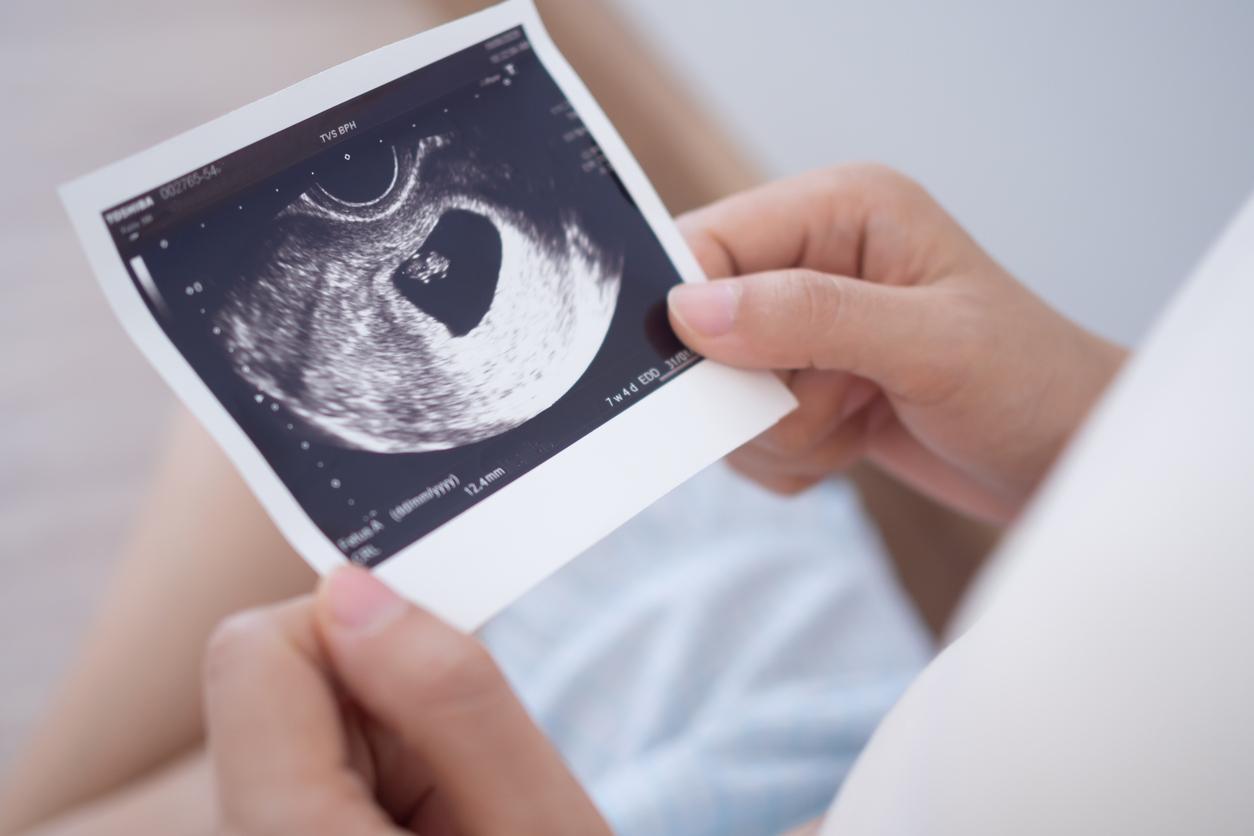
One in seven bottles of hydroalcoholic gel is non-compliant and deemed ineffective
Since the start of the Covid-19 pandemic, the General Directorate for Competition, Consumption and Fraud Control (DGCCRF) has made it a point of honor to maintain ” constant vigilance »On hydroalcoholic gels. In an interview with Franceinfo, Romain Roussel, director of the DGCCRF explains that this constant monitoring has made it possible to enforce the rules on prices, now supervised since March. According to him : ” Since the first containment, we have carried out constant surveillance, so the maximum prices are more and more respected. On the other hand, in terms of product quality, it still varies.e ”.
Today, the French administration under the Ministry of the Economy warns about the ineffectiveness and dangerousness of certain hydroalcoholic gels sold in France. As of November 12, 2020, more than 180 targeted samples of hydro-alcoholic solutions and gels have been taken, 162 of which have already been analyzed by the Joint Laboratory Service. In total, 73% of the products analyzed were declared non-compliant for 38% of them and non-compliant and dangerous for 35%. In other words, one in seven bottles of hydroalcoholic gel is considered non-compliant.
Hydroalcoholic gels must contain at least 60% alcohol
According to the analyzes, out of the 180 samples, 21 hydroalcoholic solutions had an insufficient alcohol content and were therefore found to be non-compliant and dangerous, ie 13% of the products studied. As Romain Roussel reminds Franceinfo: “ To be effective against the coronavirus, hydroalcoholic gels must contain at least 60% alcohol. We found that some of the products collected did not contain enough alcohol. This is why we have had these products classified as non-compliant and dangerous. This was the case in particular for 13% of the products analyzed “.
At the same time and as reported in the press release from the DGCCRF, the analyzes showed that 36 products (i.e. 22%), for which the alcohol content was sufficient, were also declared non-compliant and dangerous due to labeling. minimizing the dangers presented by these products and 61 products (38%) were recognized as non-compliant due to incomplete or incorrect labeling. In order not to risk the health of consumers, products identified as non-compliant or dangerous are now subject to withdrawal and / or recall measures.
To note : in its press release, the DGCCRF reminds consumers that “ Only hydro-alcoholic solutions or gels with an alcohol content (ethanol, propan-1-ol or propan-2-ol), expressed by volume, of at least 60% or meeting standard EN 144766 are effective in terms of disinfection “.















